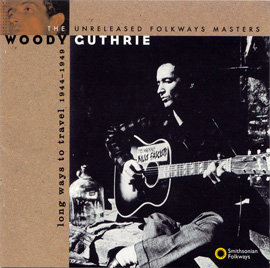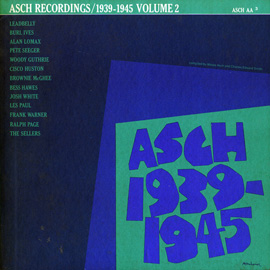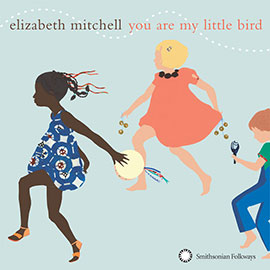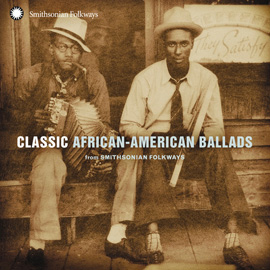A Sound Legacy
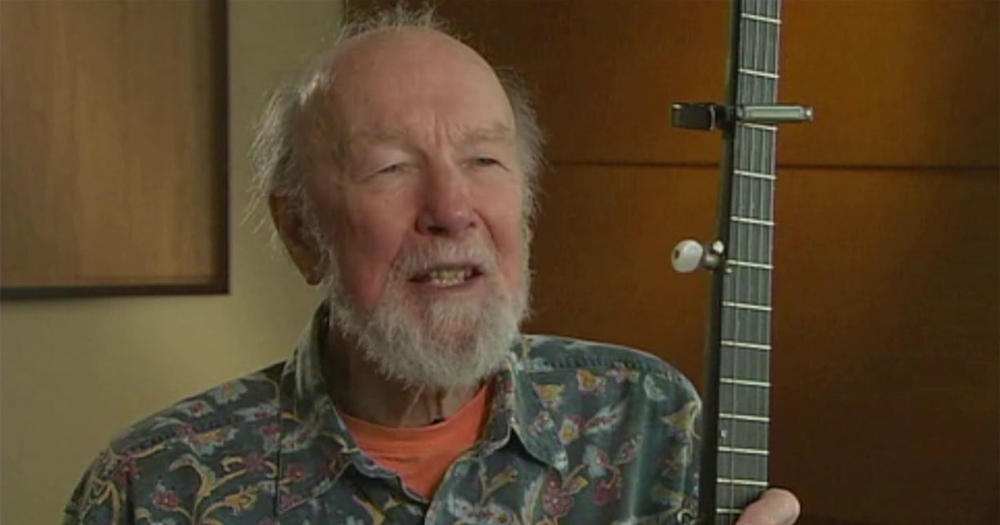
Folkways Records & Service Co. was founded in 1948 in New York City by Moses Asch (1905–1986) and Marian Distler (1919–1964). Under Asch's enthusiastic and dedicated direction, Folkways sought to record and document the entire world of sound. Between 1948 and Asch's death, Folkways' tiny staff released 2,168 albums (an average of one per week). Topics included traditional, ethnic, and contemporary music from around the world; poetry, spoken word, and instructional recordings in numerous languages; and documentary recordings of individuals, communities, current events, and natural sounds. As one of the first record companies to offer albums of "world music," and as an early exponent of the singers and songwriters who formed the core of the American Folk Music Revival (including such giants as Woody Guthrie, Pete Seeger, and Lead Belly), Asch's Folkways grew to become one of the most influential record companies in the world.
You Don't Remove the Letter J
By the early 1980s, Asch began to consider Folkways' future and legacy. He wanted to find an enterprise that would continue to maintain the catalogue as he had, making every Folkways record available in perpetuity. Asch never deleted a single title from the Folkways catalogue. As he said, "Just because the letter J is less popular than the letter S, you don't take it out of the dictionary." He wanted the new director to continue to produce recordings regardless of sales. He also expected this entity to appreciate and make use of the volumes of unexplored master tapes that he had yet to turn into recordings.
The Beginning of Smithsonian Folkways Recordings
On February 28, 1987, the Smithsonian Institution Center for Folklife and Cultural Heritage in Washington, D.C., signed an agreement to buy Folkways Records and acquire the label's business papers, files, and master tapes in order to ensure that the sounds and genius of its artists would continue to be available to future generations. Artists such as Bruce Springsteen, Bob Dylan, and U2 helped raise funds to purchase the label with their recording A Vision Shared: A Tribute to Woody Guthrie and Lead Belly (Columbia Records, 1988). For the next few years, Folkways Records transitioned to the Smithsonian and paved the way for the creation of Smithsonian Folkways Recordings, a record label dedicated to continuing the work of Folkways Records with new recordings and releases of archival material. Smithsonian Folkways Recordings would go on to release its first album, Musics of the Soviet Union, in 1988 and The Original Vision in 1989 (re-released in 2005).
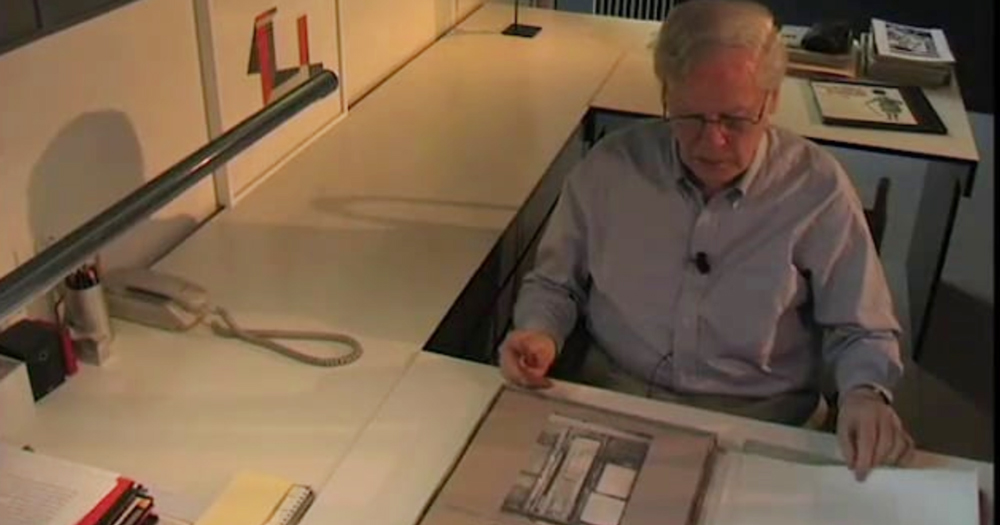
A Sound Legacy
In the years since 1987, Smithsonian Folkways has continued to expand on Asch's legacy, adding several other record labels to the collections and releasing over 300 new recordings that document and celebrate the sounds of the world around us. Following Asch's example, every new title remains in print and is available through custom order services. Through digital music projects such as Smithsonian Folkways recordings are made available readily around the world. The label has received numerous music and education awards, including GRAMMYs. Above all, Smithsonian Folkways Recordings has continued the Folkways commitment to cultural diversity, education, increased understanding, and lively engagement with the world of sound.
In a Declaration of Purpose written shortly before he died, Moses Asch stated: "As Director, I have tried to create an atmosphere where all recordings are treated equally regardless of the sales statistics. My obligation is to see that Folkways remains a depository of the sounds and music of the world and that these remain available to all. The real owners of Folkways Records are the people that perform and create what we have recorded and not the people that issue and sell the product. The obligation of the company is to maintain the office, the warehouse, the billing and collection of funds, to pay the rent and telephone, etcetera. Folkways succeeds when it becomes the invisible conduit from the world to the ears of human beings." Smithsonian Folkways Recordings has built upon Asch's vision for 20 years and will continue for years to come to strive to be the "invisible conduit from the world to the ears of human beings."


